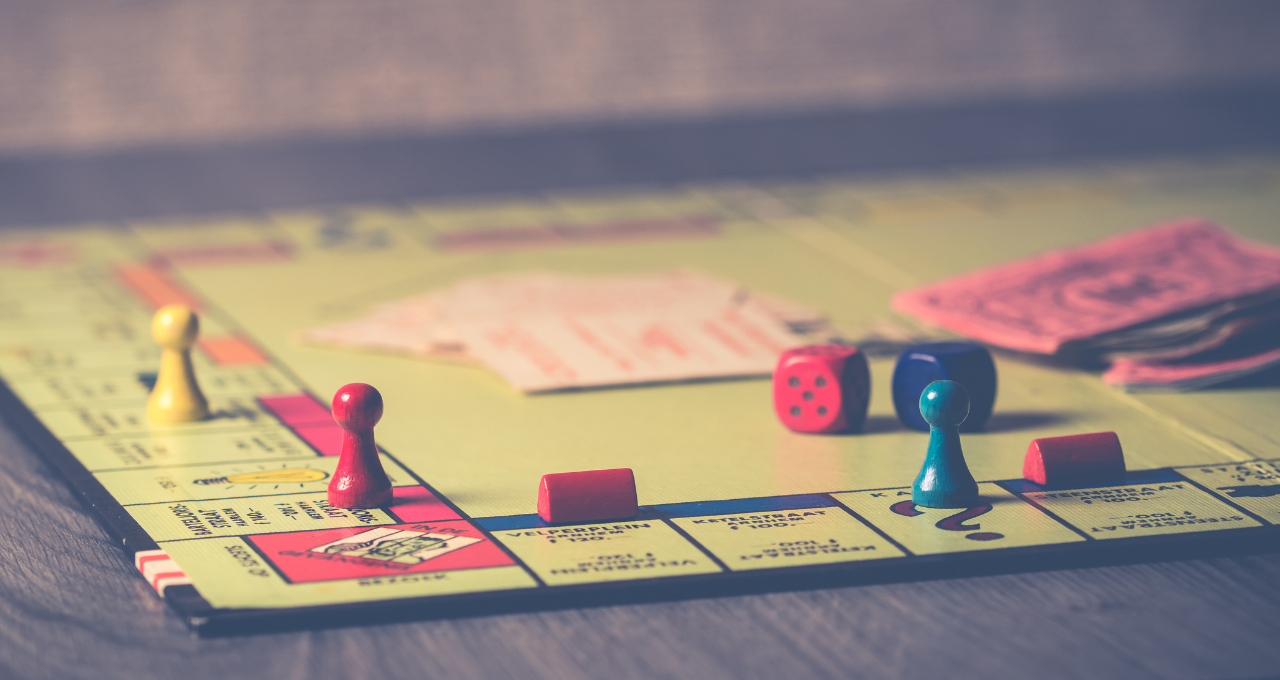Game development is an exciting and creative process that brings interactive experiences to life. Whether you’re aspiring to create the next big hit or simply curious about how games are made, understanding the basics of game development is essential. In this blog, we’ll cover the fundamental concepts, key components, and steps involved in creating a game.
1. Understanding Game Development
Game development involves designing, creating, and releasing video games for various platforms, including PCs, consoles, and mobile devices. It combines various disciplines such as art, programming, design, and sound to produce a cohesive and engaging experience for players.
2. The Game Development Process
While every game development project is unique, the process typically follows these key phases:
- Concept Development: This is the initial phase where ideas are generated. Developers brainstorm game mechanics, storylines, characters, and art styles. Creating a game design document (GDD) is a good practice to outline these ideas.
- Pre-Production: In this stage, developers refine the concept, finalize the game design document, and plan the project timeline. Prototypes may be created to test gameplay mechanics and validate ideas.
- Production: This is where the bulk of the work happens. Artists create graphics, programmers write code, and sound designers develop audio. The team collaborates to build the game according to the specifications laid out in the GDD.
- Testing: Quality assurance (QA) testers play the game to identify bugs and gameplay issues. Feedback is gathered to improve the game before release.
- Launch: Once the game is polished and ready, it’s released to the public. Marketing efforts ramp up to generate buzz and attract players.
- Post-Launch Support: After the launch, developers often continue to support the game with updates, bug fixes, and downloadable content (DLC) to keep players engaged.
3. Key Components of Game Development
To create a successful game, several key components must work together seamlessly:
- Game Design: This involves creating the gameplay mechanics, story, characters, and overall experience. Game designers focus on how players interact with the game.
- Art and Animation: Visual elements such as characters, environments, and animations are created by artists. This aspect brings the game to life and enhances the player’s experience.
- Programming: Programmers write the code that makes the game function. This includes implementing game mechanics, creating user interfaces, and ensuring smooth performance.
- Sound Design: Audio plays a crucial role in enhancing the atmosphere of a game. Sound designers create sound effects, background music, and voiceovers to immerse players.
- Quality Assurance: Testers are responsible for finding and fixing bugs, ensuring that the game is polished and enjoyable before it reaches players.
4. Tools and Technologies
To get started with game development, you’ll need the right tools. Here are some popular game engines and software used in the industry:
- Unity: A versatile game engine that supports 2D and 3D game development. It’s beginner-friendly and offers a wealth of resources and community support.
- Unreal Engine: Known for its stunning graphics capabilities, Unreal Engine is ideal for creating high-quality 3D games. It uses a visual scripting system called Blueprints, making it accessible for non-programmers.
- Godot: An open-source game engine that’s gaining popularity among indie developers. It’s lightweight and user-friendly, with a flexible scripting language.
- Blender: A powerful tool for creating 3D models and animations. It’s widely used in the game industry for asset creation.
- Visual Studio: A robust IDE (Integrated Development Environment) for writing and debugging code, especially for games developed in C# or C++.
5. Learning Resources
Getting started with game development can be overwhelming, but plenty of resources can help you learn:
- Online Courses: Websites like Udemy, Coursera, and Khan Academy offer courses on game development, programming, and design.
- YouTube Tutorials: Many developers share their knowledge through video tutorials, covering a wide range of topics.
- Books: There are numerous books on game design and programming that provide in-depth knowledge.
- Game Development Communities: Joining forums and online communities (such as Reddit, Discord, or Stack Overflow) can help you connect with other developers, share your work, and get feedback.
